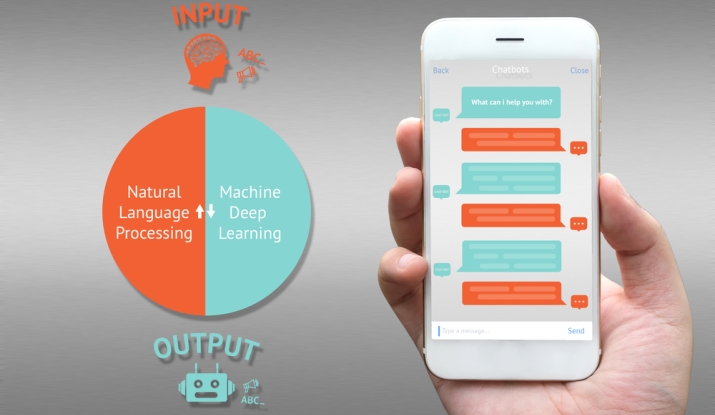
To help merchants on its marketplaces efficiently handle growing volumes of consumer enquiries, Alibaba has launched a smart customer service chatbot powered by artificial intelligence (AI) that retailers can customize to suit their individual virtual-storefront operations.
NamedDian Xiaomi(store assistant), the text-only chatbot was inspired by Ali Xiaomi, an AI-powered chatbot rolled out by Alibaba in 2015 to handle customer enquiries and complaints coming into the e-commerce company. Encouraged by the success of Ali Xiaomi in understanding and answering questions from human users, Alibaba said it wanted to make the technology available to merchants who sell through its online marketplaces so they can upgrade their customer service.
“We noticed the pain points suffered by merchants on our platform,” said Liu Jianrong, Dian Xiaomi product manager. “For instance, merchants don’t have enough staff to handle enquiries during rush hours in the daytime nor do they have any staff on duty in the evening. When it comes to big promotions like 11.11, they need to hire a large temporary customer-service crew, yet they are still swamped by the overwhelming volume,” Liu said.
The Dian Xiaomi chatbot addresses these problems because it can quickly scale to match incoming message volumes. In addition, the bot promises to reduce training and other call-center costs while boosting efficiency and the overall customer experience, according the Alibaba.
The product was beta-launched during last year’s Alibaba 11.11 Global Shopping Festival to help nine brands, including Apple, Xiaomi, Huawei Honor, Vivo, Semir and Nike, to serve some one million customers. Using the technology, China’s smart phone maker Xiaomi during the 24-hour online sale cut its customer service staff by 300 from 1,000 the previous year while handling the same volume of traffic.Chinese apparel brand Semir, which started using Dian Xiaomi at night but now also runs it during the day, says more than 60 percent of customer enquiries are assigned to the smart customer service.
Built with natural-language processing and AI deep-learning technologies, Dian Xiaomi can answer product-related questions, make personalized product recommendations based on individual customer data, offer promotion and discount information, revise order information and handle returns and refunds.
Through AI, the chatbot can “learn” to improve its responses by using algorithms to interpret millions of customer-service interactions. The bot is capable of understanding context and can converse naturally, unlike customer-service chatbots that are programmed to provide answers only in response to specific questions. In addition to text messages, Dian Xiaomi is also able to respond to questions with images, such as product photos and emojis, to add depth to its answers. It can even make customer-specific recommendations for shoe and clothing sizes and answer technical questions about consumer electronics, such as the data-storage capacity of particular smartphone models.
Merchants can customize Dian Xiaomi by building on the bot’s already extensive product and customer knowledge base, adding information on their own stores, products and promotions. When Dian Xiaomi has difficulty understanding certain types of questions, a system called AI Boost collects and categorizes these questions so that a human “coach” can intervene by either directing the bot to relevant answers in its knowledge base or by adding appropriate answers to the base. In this way, Dian Xiaomi becomes continuously better at understanding customers’ intents and what they are looking for.
Merchants can adjust the workload allocated between the chatbot and customer-service staff according the time of day to optimize efficiency. Questions that cannot be settled by Dian Xiaomi are automatically routed to human staff.
Alibaba is currently not charging merchants for the service. The company said retailers can roll out Dian Xiaomi via Qianniu, Alibaba’s store management software for Taobao and Tmall retailers.




